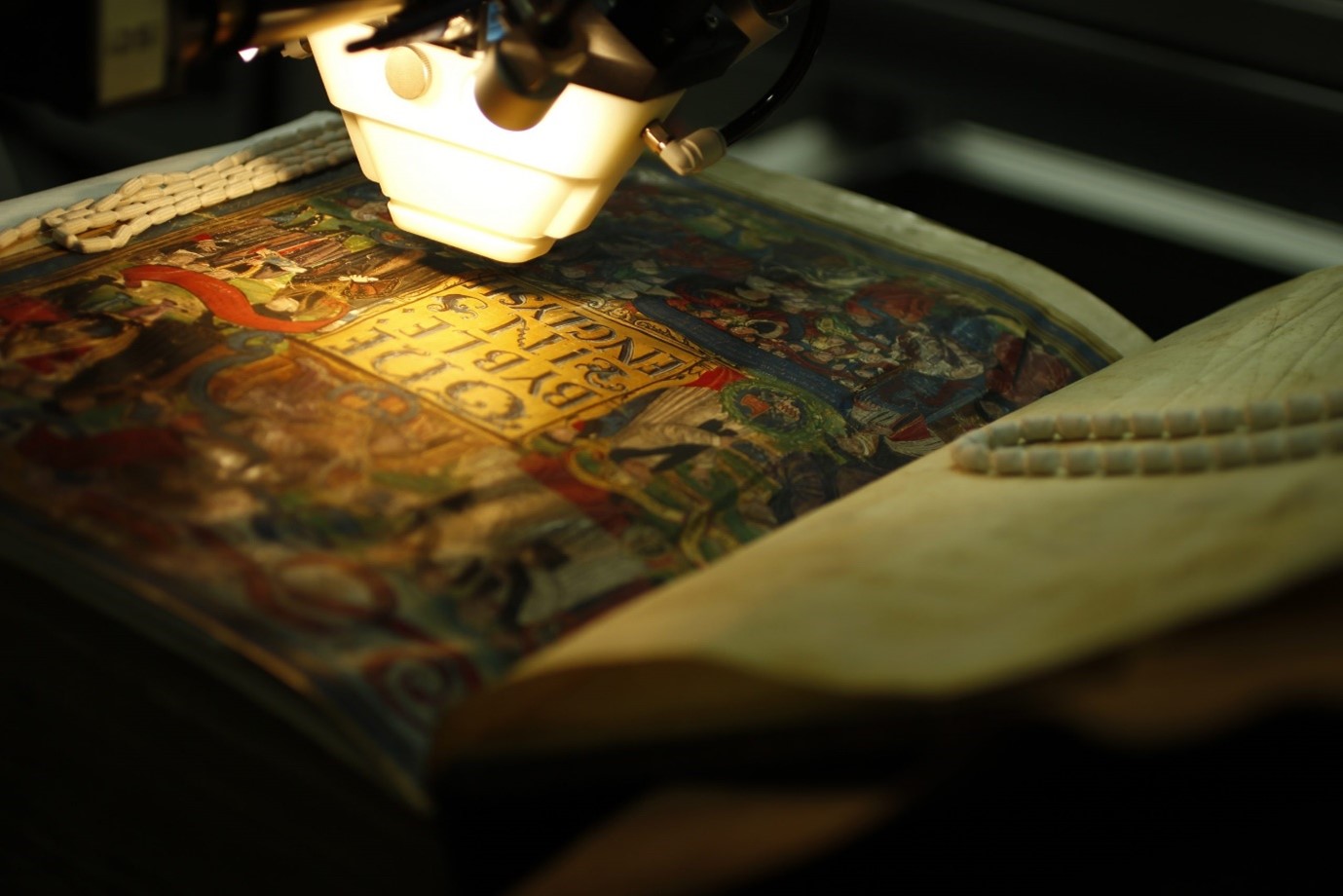Externally Funded Projects
At the School of History we are uniquely successful in securing research funding from a variety of sources in support of our research in projects large and small.
Some of our research is supported by major funding grants, both individual and collaborative. Funded research supports the work of colleagues as well as supporting doctoral and postdoctoral positions, and so brings emergent historians into our community. Click the project titles below to learn more about our current funded projects.
ILLITTERATAE project
Dr Delfi Nieto-Isabel leads the EU-funded ILLITTERATAE project looking into women’s role in the transmission of alternative religious ideas, focusing on groups that were known as ‘beguins/beguines’ and often associated with the reforming branch of the Franciscan order in western Mediterranean cities.
Using social network analysis, geographic information systems, and other digital tools, ILLITTERATAE locates and maps their activity displaying it via and an open-access web application, which includes a digital catalogue of sources and fosters the discussion on the need for a new model for transnational religious changes.
Hidden in Plain Sight
Dr Eyal Poleg leads on Hidden in Plain Sight, a major research project, generously funded by the AHRC (1 million pounds, 2024-2026). The project employs a range of innovative technologies, from 3D microscopy and Micro-CT scanning to a DNA analysis and X-ray Florescence, to explore how ancient books were used, modified and venerated.

It brings together historians, heritage scientists, librarians, conservators, technicians and curators, presenting a model for inter- and cross-disciplinary work. The project constitutes a collaboration between Queen Mary University of London, Cambridge University Library, Cambridge Museum of Archaeology and Anthropology, the National Library of Wales and other leading libraries in the study of a wide range of books and objects, from Islamic talismans and Jewish Bibles, through books mutilated in the Reformation, to Korean sutras and Buddhist sculptures.
Rise of the Border: A New History of Immigration, Race & Citizenship in Britain
As an AHRC Research, Development and Engagement Fellow, Dr Waters is working on a historical study of the role and growth of the border in British social, political and cultural life. His study follows the history of the border since 1905, when new legislation introduced a modern immigration infrastructure and made immigration control, previously an emergency measure, into a permanent state practice.

Drawing on vibrant new work in the field of border studies, the project examines the expansion of the border since 1905 by concentrating not only on the new conditions attached to rights of entry to the country—where historical analysis has traditionally focused—but the shifting culture of the border active since this time (the 'border imaginary') and the institutions and social dynamics elaborated as border-checking ('bordering') began to expand into different parts of British life, at the ports of entry and, quickly, beyond them too.
Putting historical accounts of race and immigration in modern Britain into dialogue with the new methodologies and insights arising from studies of the border in other disciplines (geography, sociology, cultural studies, politics), and in conversation with border workers from migrants-rights and civil liberties groups past and present, the project aims to revitalise and shift thinking within these various fields of endeavour.
James Baldwin and Britain
Marking the centennial of the American writer James Baldwin’s birth, Dr Waters is working with academics from the University of Manchester (Professor Douglas Field and Dr Isabel Taube) and Northwestern (Dr Kennetta Hammond Perry) on this project to explore Baldwin’s complicated relationship to Britain, and to British culture.
The project offers a reappraisal of how Baldwin has influenced British-based artists, intellectuals, and activists. It combines interviews with Baldwin’s contemporaries and those influenced by his work, with public screenings and discussions of Baldwin’s work at the Barbican in London and the HOME arts centre in Manchester.